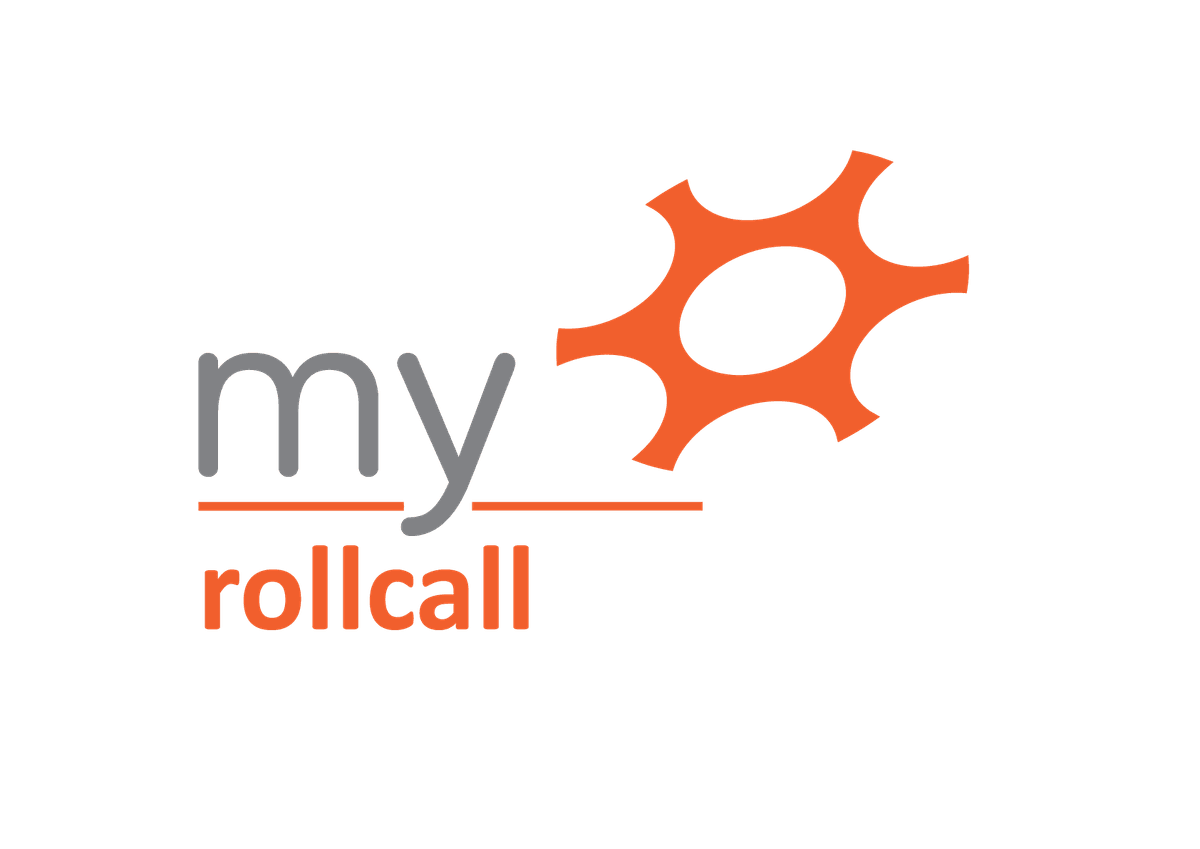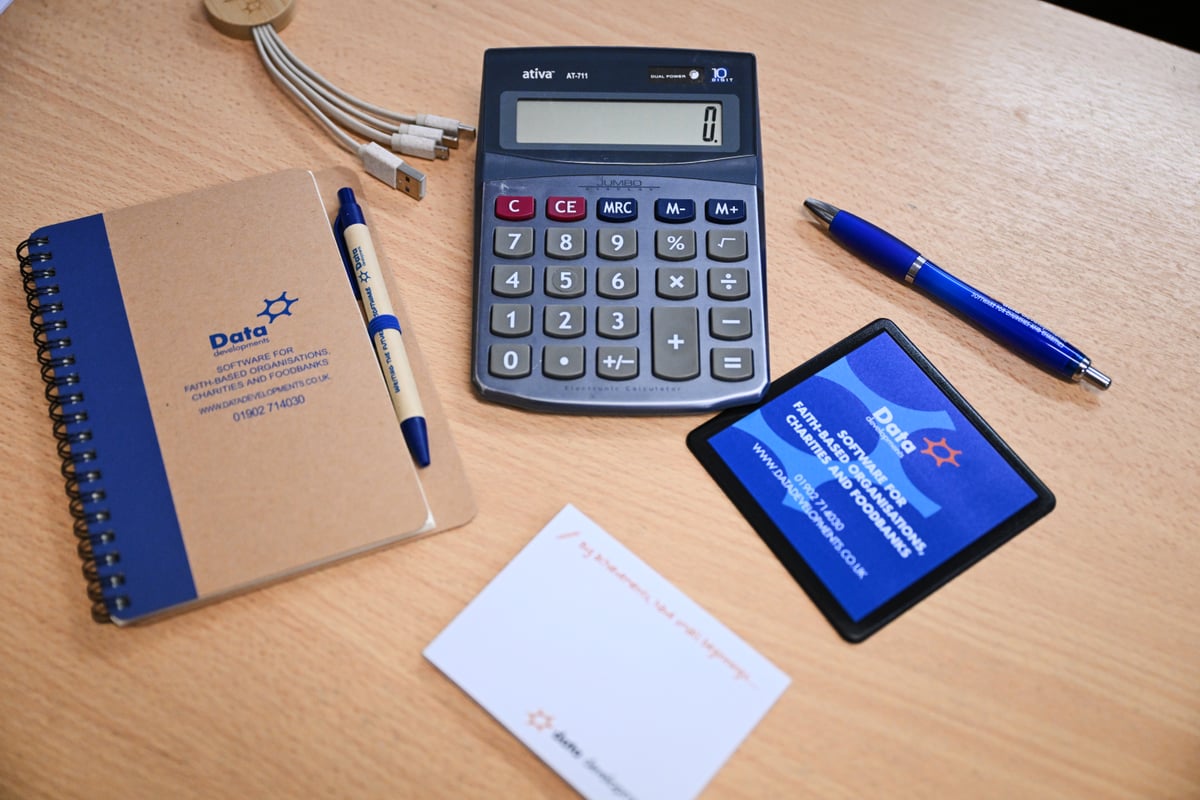
5 ways charities and faith organisations can streamline accounting processes
May 2023Are you looking to simplify your charity or faith organisation’s accounting processes? Discover tried and tested ways to streamline your accounting by reading this helpful guide.
Running a charity or faith organisation comes with great responsibility and potential challenges.
Resources are stretched, leaders juggle multiple roles, and funding can be scarce.
Therefore, outsourcing your bookkeeping, payroll, and management accounts can free up your time and save you money so you can get on with the smooth running of your company.
And with over 170,000 charities in the UK, you want to make your charity or faith organisation stand out with no time for error.
So, to streamline your accounting processes even further for optimal benefit, we’ve included five essential steps to help you improve your financial management.
How to streamline accounting processes
Streamlining accounting processes ensures you always have accurate information to hand to avoid costly mistakes and help you plan properly.
To make life easier, we’ve noted five ways you can streamline your accounting processes.
1. Know how to make it work for charity or faith organisations
Accounting for charities and faith organisations is different to standard business accounting.
To streamline accounting processes, you must understand the differences and how to abide by the rules administered to a charity or faith organisation.Typically, you will find most charities in the UK don’t pay taxes on forms of income, provided they spend the money on charitable intentions.
But to qualify for tax relief in the UK, charities must hold official recognition by HM Revenue and Customs (HMCR). This point is just one of the things you will need to digest.
It’s worth reading up on Gift Aid too.
By understanding the rules and regulations of your field, you’ll protect your non-profit organisation from any errors and potential financial or legal issues.
2. Automate as much as possible
To save time and reduce the risk of error, you must prioritise the automation of accounting tasks, including invoices, financial reporting, donations and finance systems.
After all, established processes make life easier for everyone.
Not only does it reduce the risk of error, but it can also improve the consistency of the workflow, while repetitive tasks are completed at a faster and more efficient rate.
Automated computerised accounting software can help you simplify the process, improve productivity, produce reliable data, and help your organisation grow professionally and affordably.
3. Review and update your accounting processes regularly
To ensure your processes are current for optimal benefit, you should review and update your processes regularly.
By doing this, you can identify any inefficiencies which allow you to make changes that will improve accounting for you and your organisation.
It will provide direction to help you plan and grow, making it easier for your staff to focus more of their time, resources, and energy on what matters most with charity, including fundraising.
Eliminating and improving your identified strengths and weaknesses in your accounting processes can help you maintain solid financial control.
And implementing data development software and technology can enable you to review and update your accounting processes with minimal effort and stress.
4. Store data correctly
Storing data and information correctly and safely is of the highest priorities in today’s digital world. Having strong financial management is just as important for charities as it is for any other business.
Whether that be your invoices, receipts, or business or third-party data, it remains something you want to store safely to meet the legal requirements of being a charity or faith organisation.
Remember, it’s imperative to handle your data with care and not break data protection laws.
Public trust is a priority for charities. And this trust can easily be lost if your organisation doesn’t have control of its data, whether that's personal information or professional.
Charity funds come from benefactors or supporters who hand over their money without expecting anything in return. They will rely on the charity to look after them and spend their money wisely on the charity's mission.
As a result, there is an increased focus on making sure data is stored correctly to streamline the process and eliminate any risks.
Data protection is paramount in any organisation, but it holds increased significance in charity industries.
5. Use tech to your advantage
Online software and technology offer several advantages to streamline accounting for charity and faith organisations.
Old school pen and paper just don’t cut it anymore.
With software platforms, you can easily manage and increase the organisation’s money, look after its members, prepare reports and plan for the future with real-time information. Just think of all the time you’ll save.
We recommend our MyFundAccounting.Online software, designed specifically for charities, non-profit, and faith organisations. This specialist software can help you manage accounts with reports produced in compliance with The Charity Commission and OSCR requirements.
With MyFundAccounting.Online, you can enjoy unlimited funds and nominal accounts across income, expenditure and assets alongside a robust audit system and maintenance features.
Need help with your charity finances?
Data Developments have been writing and developing software for Churches and charities for over 35 years.
Using our software, you can easily manage and streamline your accounting and financial processes with little to no accounting knowledge. It’s easy for everyone, with an expert on hand for support. We want to assist you with your finances and enable you to make proactive decisions using our invaluable knowledge and online tool.
So, if you are looking for easy-to-use software to streamline your accounting that meets the correct legal requirements, get in touch today.
More News

Data Developments’ 40th Anniversary – MyRollcall
June 2025As of this year, Data Developments has officially written and developed accounting software for churches and charities for 40 years. Since our founding, we’ve created products and services that make accounting and administration easier for real people in everyday situations.
Most of our customers will be aware of our desktop application ‘Membership Co-ordinator’ and its online application counterpart ‘MyMembershipManager’. But did you know that this product once went under a different name? Or that it was the program that started it all?

Getting started with your charity accounts requirements
March 2024Make your charity accounting requirements much more simple with this handy beginners guide. From defining your legal structure to calculating your annual income and trustee’s annual report, we’ve got you covered.
We should expect transparency and accountability across all charity work, especially when it comes to its accounting and financial reporting.
But without knowing the correct methods and navigating the necessary regulations by the book, how can you ensure you satisfy legal procedures while maintaining your organisation's reputation?
In this blog, we’ve broken down charity account requirements with an easy beginners' guide so you can get the ball rolling on your accounting without too much trouble.

